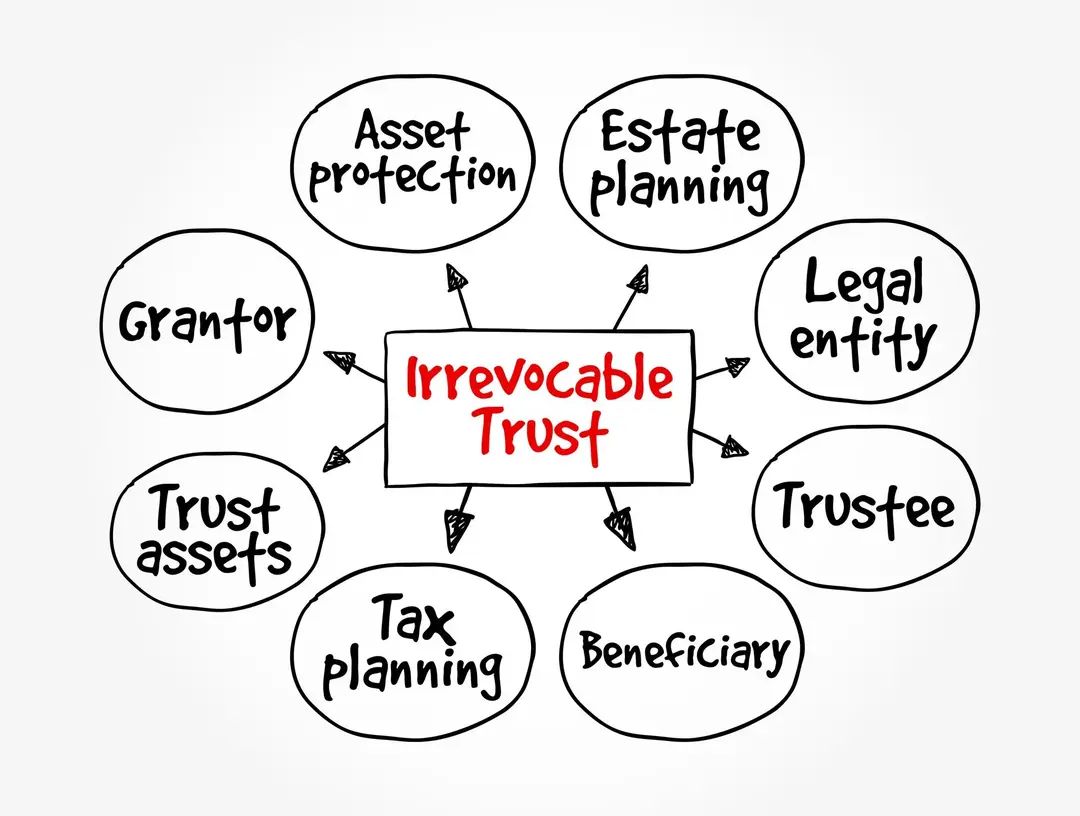Asset protection trusts, which are usually irrevocable trusts, can be used to protect assets from creditors and legal judgments. The irrevocability is often crucial in this regard, as the grantor is essentially giving up their legal ownership of the assets to put them out of reach of creditors.
Arizona does permit the creation of Domestic Asset Protection Trusts (DAPTs), which allow the trust creator to also be the beneficiary.
Strict DAPT limitations and reporting requirements are enforced to prevent abuse of these specialized trusts. For example, Arizona DAPTs have a period in which creditors may be able to challenge transfers of funds into the trust in order to reclaim debts. If a creditor claim arises after the assets have been transferred into the trust and the waiting period has ended, they may not be able to reach those assets.
The structuring of these trusts can be complicated, and they aren’t available to everyone. In order to open an Arizona DAPT, at least one of the trustees is required to be an Arizona resident and maintain some assets in the state. Adherence to strict documentation and reporting requirements is vital to maintain the legality of the trust.
It is important to discuss your asset protection needs and trust formation plans with an estate planning attorney. They will be able to explain what a DAPT can and cannot do for you.
Timing Is Important for a DAPT to Be Effective
Domestic Asset Protection Trusts are not intended to be a reactive way to dodge legal judgments or creditors, which is why they have look-back periods in which transfers can be scrutinized and even reversed. Creditors can bring challenges, potentially even years after a DAPT’s creation, if they suspect a debtor or defendant in litigation sought to hinder, delay or defraud them through the creation of a trust.
DAPTs are designed to be established far in advance of any legal or creditor actions to offer proactive protection against future claims, lawsuits or bankruptcies. They’re a form of safeguarding assets from unforeseen future risks rather than immediate or short-term anticipated liabilities.
When Might Someone in Arizona Open a DAPT?
Professionals in high-risk industries: Any professional in an industry where malpractice insurance is required due to a high risk of litigation, like doctors and lawyers, might seek to pursue asset protection through a DAPT. These trusts can be an effective way to shield assets from unforeseen future malpractice claims or lawsuits.
Entrepreneurs or business owners: People taking risks in a new business venture or those concerned with facing liabilities due to their business activities in the future may be able to shield their personal assets from claims arising from business bankruptcies, contractual disputes or other business dealings.
Pre-marital asset protection: Individuals with a high net worth may want to protect their assets separately through a DAPT. The creation of a DAPT prior to marriage may also make the division of property in the event of a divorce more straightforward.
Estate planning: DAPTs may be utilized as part of a broader estate planning strategy to ensure an individual’s wealth is preserved for future beneficiaries. A DAPT can also be used to protect assets from creditors in the future as well as regulate the disposition of assets to heirs to prevent irresponsible spending.
Financial privacy in wealth preservation: The structure of DAPTs can help shield some details of asset ownership and keep information out of the public record while also safeguarding future inheritance or earnings from unforeseen future threats.
Are Your Assets or Retirement Savings Being Properly Managed and Protected?
Safeguarding and growing retirement savings and assets can be extraordinarily complicated. There are many potential estate planning and asset management tools that can potentially be leveraged to meet your goals. The team at Fullerton Financial Planning can advise you on your options and help you understand which combination of estate planning tools, tax plans and asset management solutions might help you reach your desired retirement and asset preservation destination.
Call (623) 974-0300 today to speak with an advisor.






